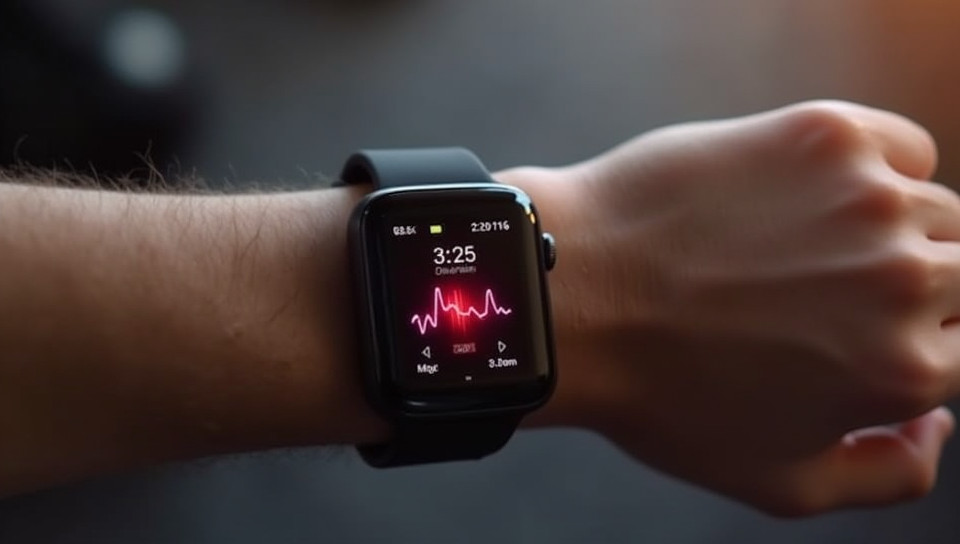Many fitness trackers display heart rate data 88%

Monitoring Your Heart Rate on the Go: A Game-Changer for Fitness Enthusiasts
Have you ever wondered how your body is responding to exercise in real-time? Many fitness trackers have made it possible to track heart rate data, providing valuable insights into physical performance and overall well-being. In this article, we'll explore the benefits of monitoring heart rate data with a fitness tracker.
Why Heart Rate Data Matters
Understanding heart rate data can be a game-changer for fitness enthusiasts. By tracking your heart rate, you can:
- Monitor intensity levels during exercise
- Optimize workout routines for maximum efficiency
- Track progress over time
- Identify potential health concerns
How Fitness Trackers Display Heart Rate Data
Modern fitness trackers use various technologies to display accurate and reliable heart rate data. These include:
- Optical heart rate monitoring, which uses light to detect blood flow through the wrist or finger
- Electrical heart rate monitoring, which uses electrodes to measure electrical signals in the heart
- Photoplethysmography (PPG), a technique that measures changes in blood volume through the skin
Choosing the Right Fitness Tracker for Heart Rate Monitoring
When selecting a fitness tracker, consider the following factors:
- Accuracy: Look for devices with high accuracy ratings for heart rate monitoring.
- Comfort: Choose a device that fits comfortably on your wrist or finger.
- Ease of use: Select a device with an intuitive interface and easy-to-use features.
The Future of Heart Rate Monitoring
As technology continues to advance, we can expect even more innovative features in fitness trackers. Some potential developments include:
- Integration with medical devices for remote health monitoring
- Personalized recommendations based on heart rate data
- Advanced analytics for improved performance tracking
Conclusion
Monitoring heart rate data with a fitness tracker has become an essential tool for fitness enthusiasts and athletes alike. By understanding the benefits of heart rate monitoring, choosing the right device, and staying up-to-date with the latest technology, you can take your fitness journey to the next level. Whether you're training for a marathon or simply trying to stay healthy, tracking your heart rate data is an easy and effective way to achieve your goals.
- Created by: Viraj Patel
- Created at: Aug. 24, 2024, 9:37 p.m.
- ID: 8187

